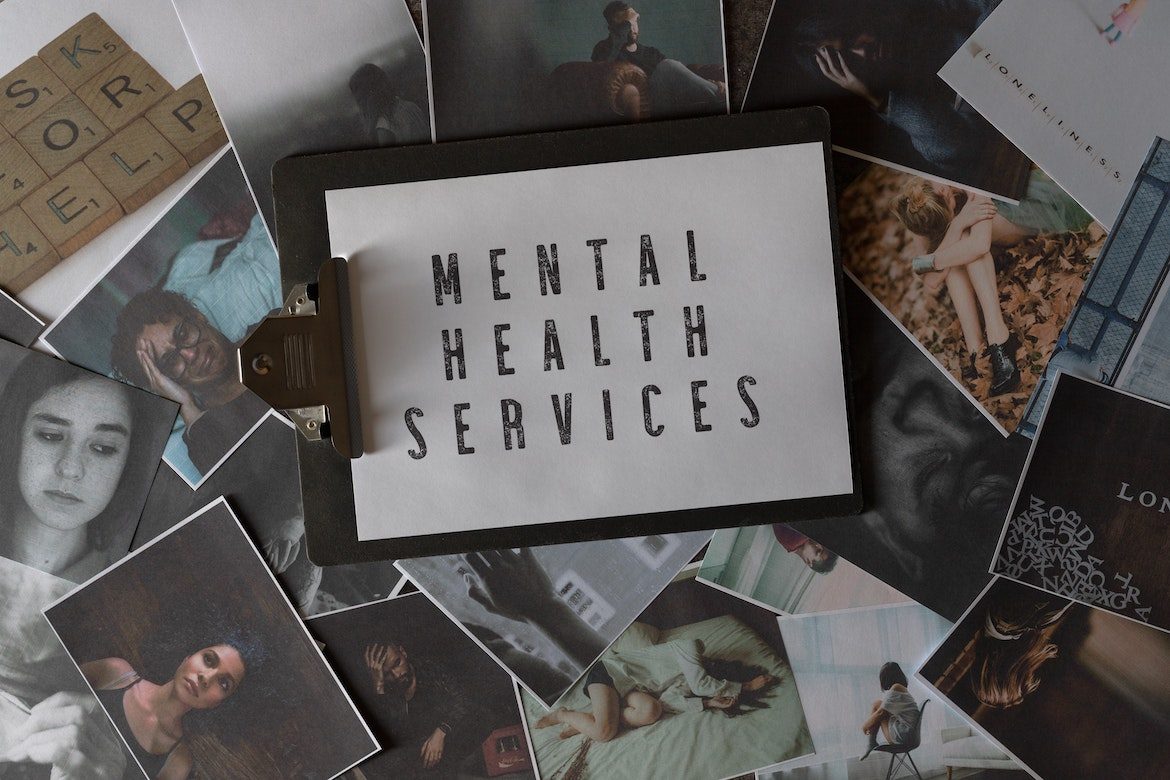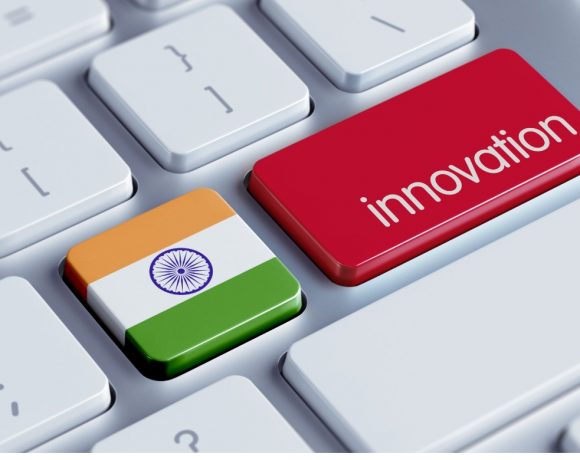- In India, mental health is a looming concern financially and societally, especially since it is still considered taboo in large sections of society.
- The trends show an openness to technology for mental health support due to the benefits of anonymity and affordability.
- Continuous tracking, high touch, high availability and personalisation are the most significant aids for mental health support that technology offers
An interesting comparison emerges when we look at the COVID 19 pandemic and the mental health situation in India. Large numbers of people needing help, insufficiently trained personnel, infrastructure crumbling under pressure. The mental health space in India is not very different. During the second wave of the pandemic, the gap between infrastructure and information was bridged by enterprising volunteers, people like you and me, using technology to ensure updated and easy access to information. The “non-system” volunteers helped create helplines, chat rooms, and dashboards that ensured transparency and availability of required medical help. Similarly, technology is taking the lead in ameliorating the mental health crisis that the country is facing.
USD $1.03 Trillion – the economic loss that India is on the path to suffering due to mental health conditions, by 2030, according to the World Health Organisation. 42.5% of India’s private sector workforce suffers from anxiety or depression. With numbers like these, mental health in India is finally getting the attention it deserves.
A recent study by the Live Love Laugh Foundation showed that while awareness of mental illness is high at 81%, the stigma associated with it also remains high at 71%. Furthermore, out of the entire population of 130 million who need mental support, only 10-12% seek help – this is due to many reasons such as unavailability, stigma, and affordability.
The Government has started taking steps in the right direction. In 2018, the Mental Healthcare Act became effective legislatively. However, it is slow and probably will take time to deliver the benefits on a larger scale. Currently, India spends less than 1% of its total health budget on mental health.
Support for mental health is a gestalt that must come from various sections of the community – including Government, society and businesses. Technology has opened a world of opportunities to bridge the gaps in mental health treatment. In India, the Government has used Facebook, Twitter and chat software like Telegram to remind society to pay attention to mental health and seek early intervention.
Meanwhile, online platforms such as Google search and Facebook feeds use our online activity to provide peripheral information; this means that anyone searching on depression can then be provided information such as who to talk to, closest clinics, contact information, and even help book appointments.
In India, where mental health issues are still considered taboo in large sections, the lack of anonymity is one of the biggest hurdles to overcome when someone is seeking mental support. Technology, right from a good old phone call to artificial intelligence bots, is being used for easy and anonymous access for those seeking mental help.
Wysa, a mental health startup in India, has built an artificial intelligence-based chatbot that has the ability to empathise with the user and provide comforting responses – just as a human would! The company’s AI model has analysed over 100 million conversations to identify emotions and inputs from the user. Needless to say, the user remains anonymous, and the information shared is confidential and secured, which creates the safe space needed for such an interaction. Wysa’s business model allows them to handle over 2 million users, with only a 40 person team. This also ensures that the costs are kept low and the benefit transferred to the end-user. Over 95% of their users do not have to pay for the basic features. A staggering number to note here is that in India, 92 per cent of the surveyed were more comfortable talking about their mental issues with a robot than a manager. A majority of them found comfort in the anonymity offered by online mental health solutions, and most of them also believed that a bot could support them better than a human!
Using the power of data, technology-based companies in the mental health space have been able to diagnose and provide customised plans at scale. For example, Mindpeers, founded in 2020 in India, provides data-led solutions to mental health. The deep technology is backed by solid science. The platform collects data on important parameters such as stress, social activity, sleep, etc. and provides a mental health index and a personalised support plan. Data plays an important role right from symptom monitoring to tracking progress, monitoring episodes, etc.
The AI bots that seem to be extremely popular with seekers of mental help have certainly paved the way for a highly scalable model which directly addresses the treatment gap due to the lack of trained professionals. Training bots, enabling languages, ensuring data protection and anonymity – all the right ingredients to extend the reach of mental health support further than ever thought possible. Companies such as YourDost, an online platform of mental health experts, can provide countrywide mental health support in over 20 languages on the phone and chat-based platforms.
For India particularly, technology-based solutions allow users to dip their toes in the water before taking the plunge to meet a mental health professional. However, given the diverse nature of India’s economic, education and cultural environment, a one size fits all approach will not work. This is where evidence-based, science-backed, personalised diagnosis and treatment plans enabled by technology will play a significant role. It will enable the era of a ‘pocket therapist’ – when you need one, where you need one, at your fingertips.
The future of mental health in India is rife with possibilities. Mood tracking through daily engagement through your mobile phone, tracking vital mental health parameters through wearables, virtual reality therapy for mental disorders, etc., are just some of the more advanced ways in which technology plays a part in reducing the mental health treatment gap. Though technology is bridging the gap and making mental health help more accessible, these trends pose a few important questions. First, in India, could technology mean the end of face to face therapies? Second, how will technology companies in this space balance data privacy using very private data, such as emotions and health parameters, for targeted marketing campaigns? Thirdly, could crowdsourced therapists, supported by AI and technology, be the key to bridging the treatment gap?






Jainy shah
24 June
Wow.. amazing insights on this very crucial topic. Do keep us posted on mental health developments. Great work!!